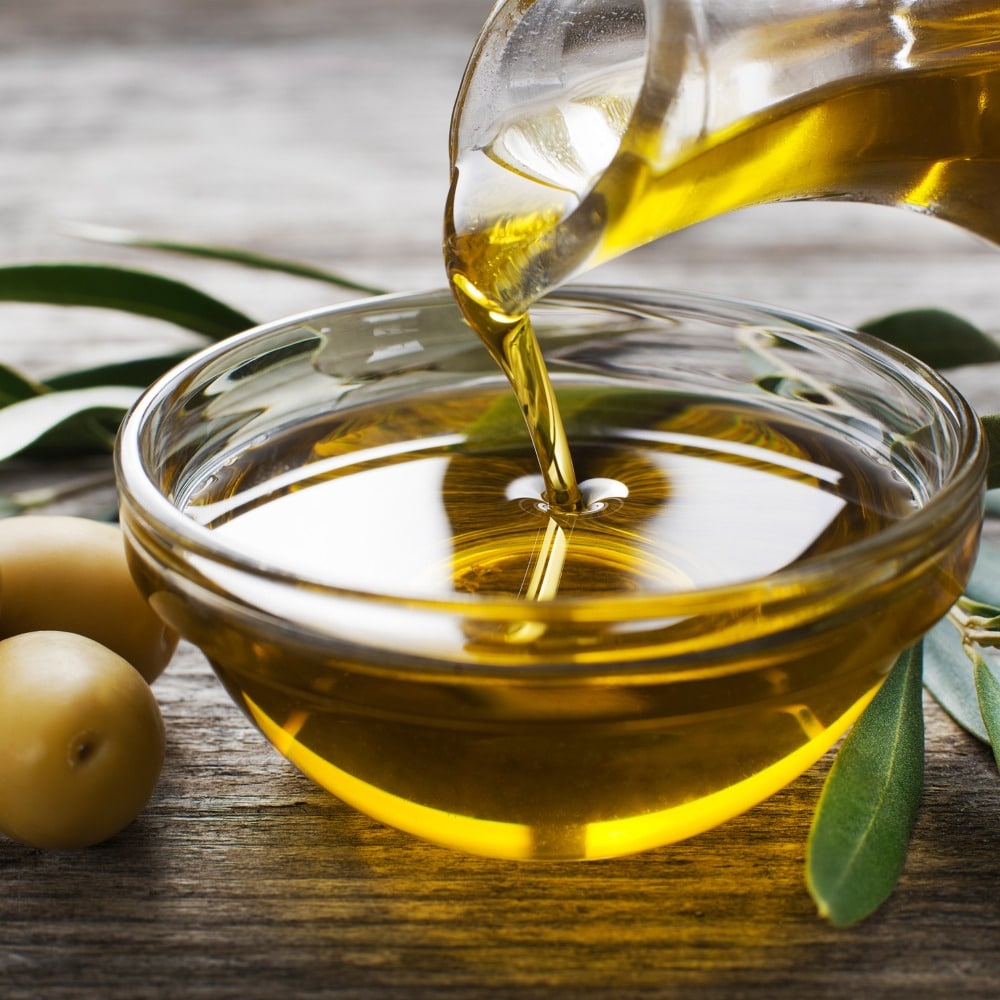How to Pick the Healthiest Olive Oil
For decades we’ve known about the benefits of the “Mediterranean diet” (fresh fruits and veggies, fish, whole grains, red wine, and olive oil). Modern science tells us that of those foods, olive oil appears to have perhaps the biggest impact on our health–but not just any olive oil!
Yes, we should always buy organically grown, extra virgin oils (EVOO), but that is far from the whole story when it comes to selecting the healthiest olive oil.
Read on for tips on buying the healthiest olive oil, our very favorite brands, and how to eat it to ensure you’re enjoying all of the health benefits this super food offers!
High Phenols Mean the Healthiest Olive Oil
What we should really be seeking in our olive oils is those that have high levels of health-producing high-phenolic compounds. Two of the very best are oleocanthal, a natural anti-inflammatory agent, and oleacein, a potent antioxidant.
Some of the benefits of polyphenols include:
As you can tell, high-phenolic olive oils are not only food, they are also medicine. But polyphenols degrade over time, so the higher the parts per million (ppm) of polyphenols is at bottling, the more polyphenols will remain in the bottle over time.
Optimally, you want olive oil that is less than one year old, but when properly stored (cool, dark place–but not the fridge), you could stretch that a bit if the ppm is very high to start with. The oil should also be bottled in dark glass to discourage UV degradation.
How to Identify High-Phenol Olive Oil
High-ppm olive oil has a pleasant peppery after-taste. If your olive oil has absolutely zero peppery burn to it, it’s likely that it has very low polyphenol levels, and is thus not the healthiest olive oil (although still not harmful).
There is an age-old custom of tasting the olive oil and seeing if it’s a one-cough, two-cough, or three-cough olive oil. Sensors found mainly in the human throat—but not the mouth—latch on to a chemical found in high-ppm olive oils. Coughs can indicate high phenolic content. This “cough test” is probably the easiest way to tell if the oil you’re eating has a high phenol level.
It is important to note that phenolic content will vary from year to year from the same manufacturer. However, if you buy a good quality brand of olive oil, it should have high polyphenols. Some olive oil manufacturers publish their ppm scores and/or harvest dates either on the bottle or online. These are typically the healthiest olive oils.
Is the Healthiest Olive Oil Filtered or Unfiltered?
There is one last consideration to keep in mind when selecting the healthiest olive oil–and this is filtered versus unfiltered oil. Unfiltered oil retains minute particles of the fruit in the oil. These particles can contain certain beneficial nutrients. But those particles of fruit also rot, causing the oil to lose polyphenols much more rapidly than filtered oil might.
Bottom line: if you can get very, very fresh unfiltered olive oil, you may gain some health benefits. But if you, like most of us, don’t have access to super fresh oils, it’s probably better to stick with filtered oils.


37 comments
Sanjana
Whats the best way to find out the amount (Oz?) of oil in the bottles? I couldn’t find it on the description on the bottle from Apollo on Amazon and I can’t read it on the bottle.
Lauren
I see a lot of comments about not being comfortable with cooking with oils other than coconut, ghee and sometimes olive oil at a low smoke point. What about cooking with Avocado Oil? That has been our default since learning that it’s not ideal to cook with olive oil when using high heat. Just want to verify that is safe. Thanks!
Suzanne Weaver-Goss
Organic extra virgin is a great choice but I don’t know the polyphenol levels. The older the oil is the less polyphenols.
Suzanne Weaver-Goss
I always prefer organic over non-organic oils. Sometimes small businesses don’t have their products organically certified but they don’t use pesticides. As with everything it can be complicated. Also there is some evidence that there is so much glyphosate in the soil that even organic foods have exposure.
Suzanne Weaver-Goss
I haven’t found a vegetable oil that I am comfortable with. Coconut oil or ghee or the only ones that I feel comfortable with. Or olive oil at low heat.